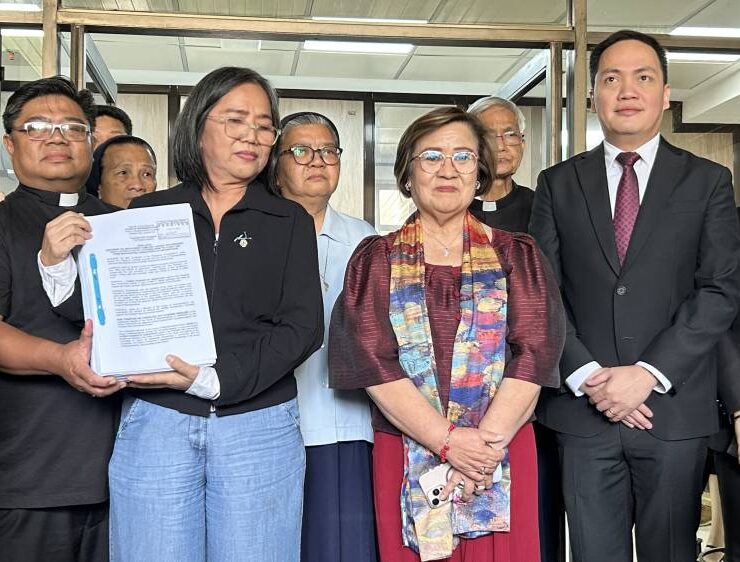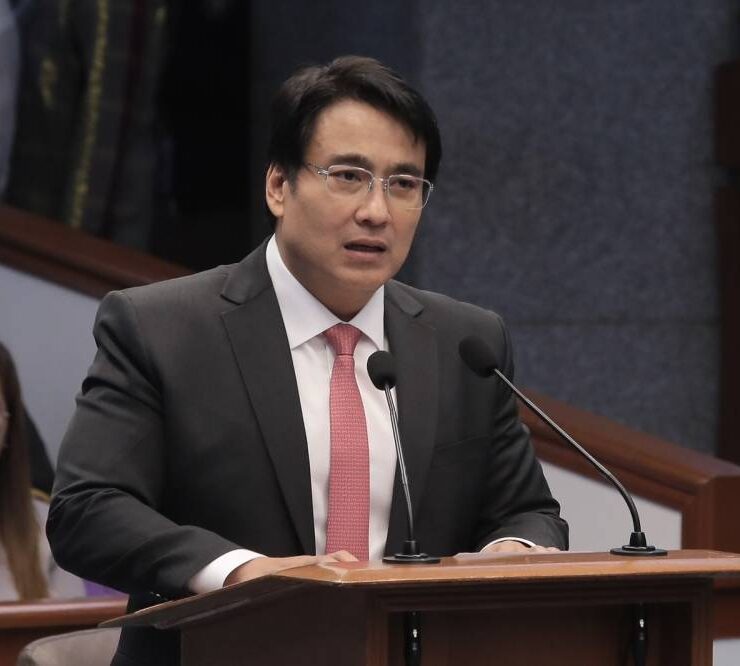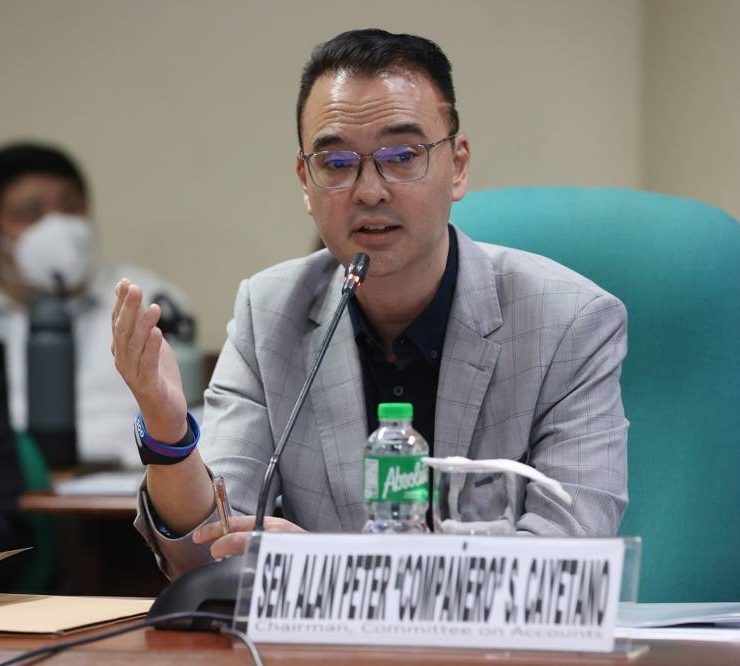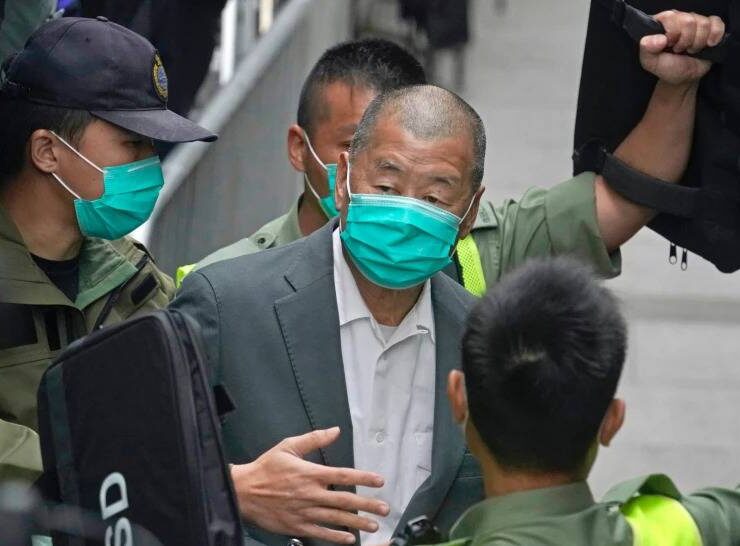Israel-Hezbollah ceasefire starts
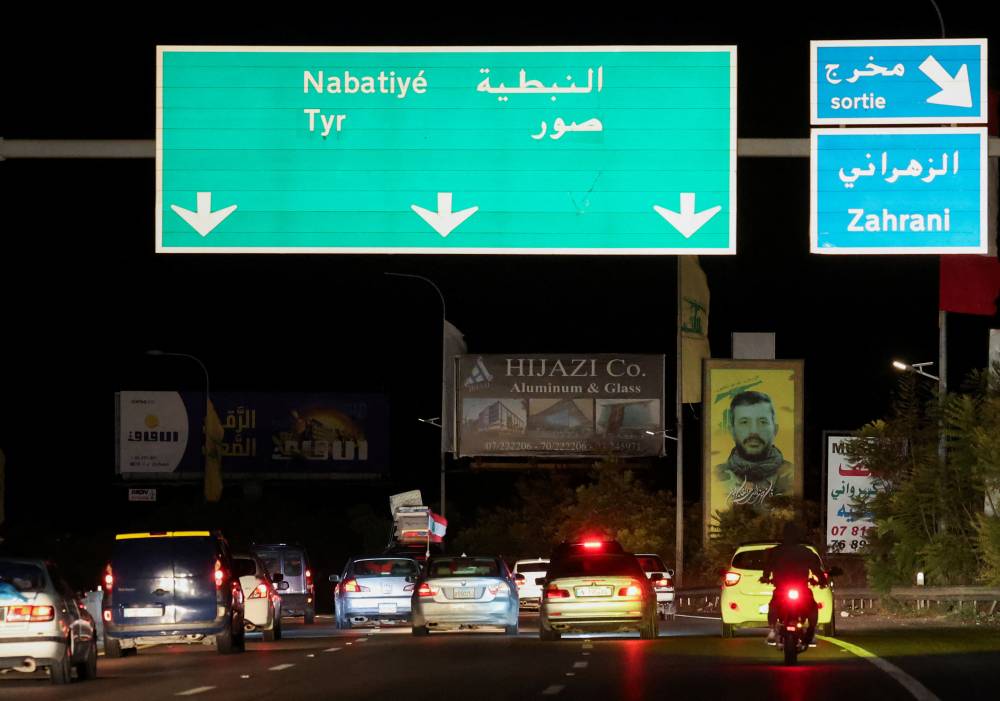
WASHINGTON/BEIRUT/JERUSALEM—A ceasefire between Israel and Iran-backed group Hezbollah came into effect at 0200 GMT on Wednesday after US President Joe Biden said both sides accepted an agreement brokered by the United States and France.
Bursts of gunfire could be heard across Beirut after the ceasefire took effect. It was not immediately clear if the shooting was celebratory, as gunfire had also been used to alert residents who may have missed evacuation warnings issued by Israel’s military.
Streams of cars began heading to southern Lebanon, which borders Israel, after the ceasefire early on Wednesday, according to Reuters witnesses.
The ceasefire promises to end a conflict across the Israeli-Lebanese border that has killed thousands of people since it was ignited by the Gaza war last year.
Biden spoke at the White House on Tuesday shortly after Israel’s security Cabinet approved the agreement in a 10-1 vote. He said he had spoken to Israeli Prime Minister Benjamin Netanyahu and Lebanon’s caretaker Prime Minister Najib Mikati, and that fighting would end at 4 a.m. local time (0200 GMT).
‘Permanent cessation’
“This is designed to be a permanent cessation of hostilities,” Biden said. “What is left of Hezbollah and other terrorist organizations will not be allowed to threaten the security of Israel again.”
Israel will gradually withdraw its forces over 60 days as Lebanon’s army takes control of territory near its border with Israel to ensure that Hezbollah does not rebuild its infrastructure there, Biden said.
“Civilians on both sides will soon be able to safely return to their communities,” he said.
Hezbollah has not formally commented on the ceasefire but senior official Hassan Fadlallah told Lebanon’s Al Jadeed TV that while it supported the extension of the Lebanese state’s authority, the group would emerge from the war stronger.
“Thousands will join the resistance… Disarming the resistance was an Israeli proposal that fell through,” said Fadlallah, a member of Lebanon’s parliament.
Netanyahu’s readiness
French President Emmanuel Macron said on social-media platform X the deal was “the culmination of efforts undertaken for many months with the Israeli and Lebanese authorities, in close collaboration with the United States.”
Lebanon’s Mikati issued a statement welcoming the deal.
Foreign minister Abdallah Bou Habib said the Lebanese army would have at least 5,000 troops deployed in southern Lebanon as Israeli troops withdrew.
Netanyahu said he was ready to implement a ceasefire but would respond forcefully to any violation by Hezbollah.
He said the ceasefire would allow Israel to focus on the threat from Iran, give the army an opportunity to rest and replenish supplies, and isolate Hamas, the Palestinian militant group that triggered war in the region when it attacked Israel from Gaza last year.
“In full coordination with the United States, we retain complete military freedom of action. Should Hezbollah violate the agreement or attempt to rearm, we will strike decisively,” Netanyahu said.
Hezbollah, which is allied to Hamas, was considerably weaker than it had been at the start of the conflict, he added.
“We have set it back decades, eliminated … its top leaders, destroyed most of its rockets and missiles, neutralized thousands of fighters, and obliterated years of terror infrastructure near our border,” he said.
Reuters, the news and media division of Thomson Reuters, is the world’s largest multimedia news provider, reaching billions of people worldwide every day. Reuters provides business, financial, national and international news to professionals via desktop terminals, the world's media organizations, industry events and directly to consumers.
















